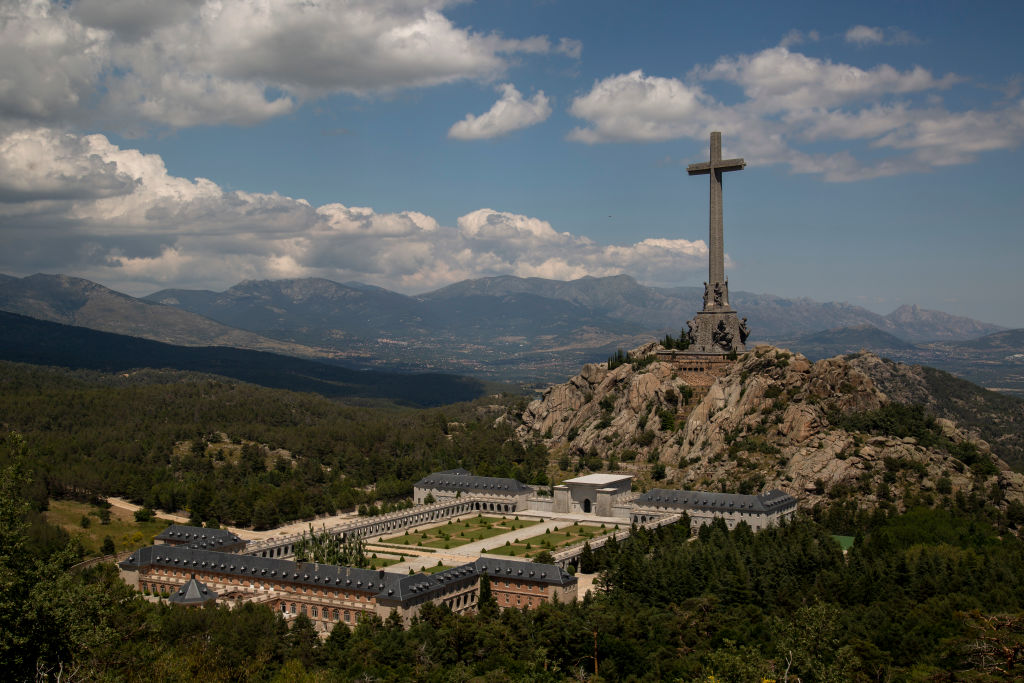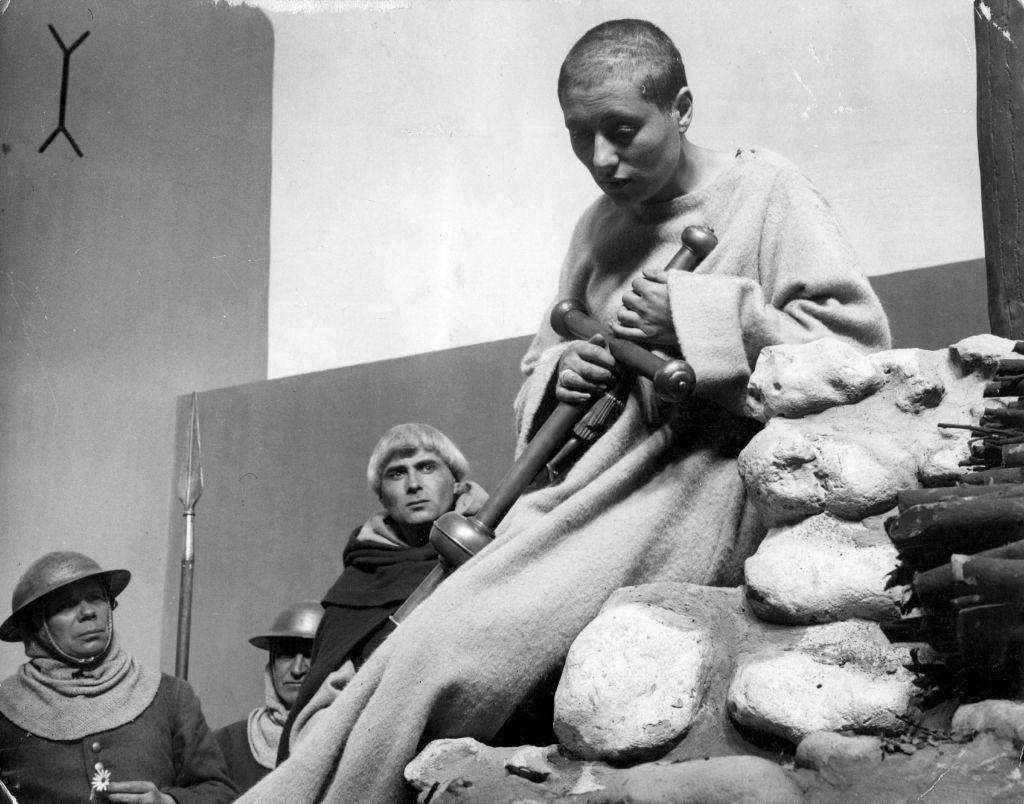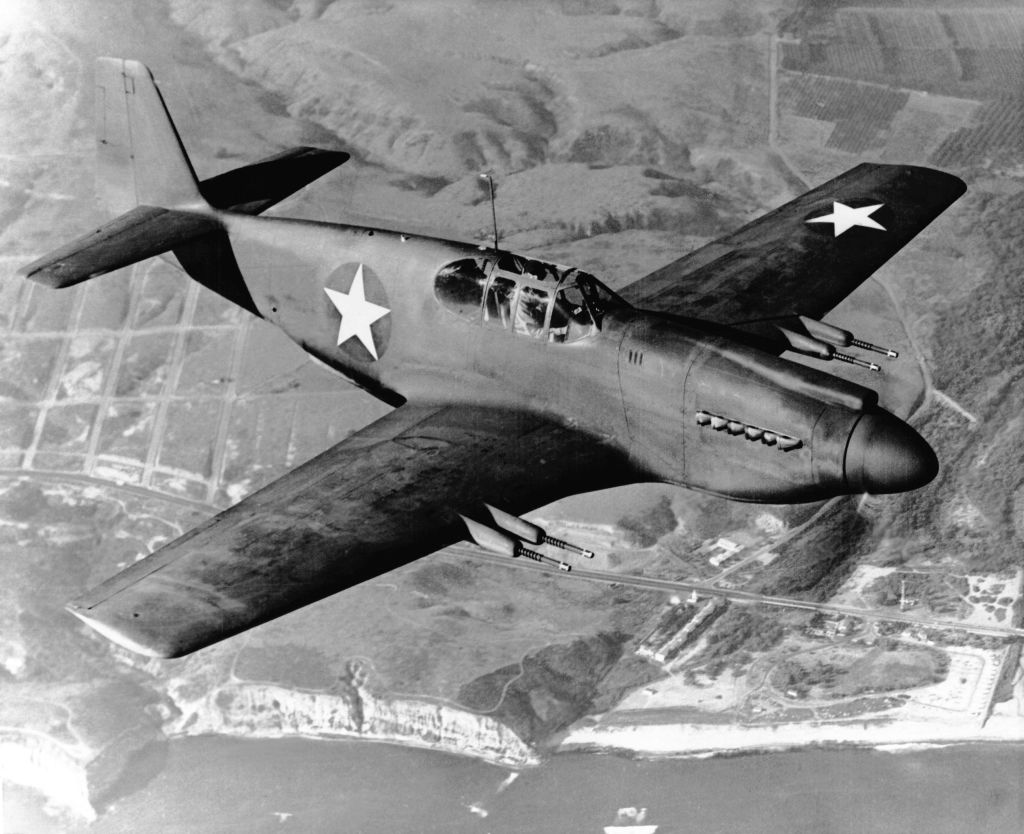Mao Zedong gazed admiringly at page three of his special edition of The Peking People’s Daily Sun. Such exquisiteness, he thought: pert, pink, pretty. He contrasted the picture in the Sun with the little Laotian nymphet on his lap. No comparison. He sighed heavily – such is life: full of sorrow and woe!
He popped a pickled monk’s-eyeball into his mouth and thought great thoughts, which is what he usually did whenever he wanted to add to his Little Red Book. Suddenly, he was aware of a change of atmosphere: nothing physically definitive yet nonetheless something very palpable. That could mean only one thing: Prime Minister Zhou Enlai had once again materialised in the People’s Boudoir. How did he do it? Five thousand years of Mandarin interbreeding, a child bride every thirteen years or so, or 350 generations of careful selection had produced this time-travelling djinn from whom Mao could never escape.
“Is that you, Comrade Zhou?”
“It is, Comrade All Conquering Sire Supremo,” came the answering purr.
“I told you a thousand times, ‘Comrade Sire’ will do.”
“I know, Comrade Sire, but in front of the child.”
Mao sighed. “Did you not deafen her?”
“Of course I did.”
Mao looked at his prime minister. That accursed mandarin’s face: as ever, as inscrutable as a dead oyster’s eye. The child was not deaf. She was an agent sent to spy on him. Very well. He would have her strangled later.
“You are here for a purpose, Comrade Zhou?”
“Indeed, Comrade Sire. We have news from Washington. President Nixon has been deposed for spying on the opposition.”
Mao blinked.
“Run that by me again.”
“I know. I have trouble believing it myself. Something called Watergate.”
Mao thought for a while.
“These round-eyes can be odd. Obsessive. What happened in this Watergate thing? Did he drown lots of people and then film them dying, just for pleasure? That can be fun.”
“Indeed. No. He simply got his people to put microphones in the rival candidate’s offices. And now he’s been impeached.”
A pause.
“And impeached means?”
“No idea. The word doesn’t exist in Chinese.”
“I see.”
But he didn’t.
“Leave me. I would be alone. My brain hurts.”
“Not as much as mine does. All that table tennis, for nothing.”
“Ping pong,” murmured Mao distantly. “The Americans call it ping pong.”
Mao lapsed into a daydream, back to that other day a couple of years back, when Zhou had similarly materialised before him.
“The talks with the American savages are nearly complete, Comrade Sire,” Zhou had hissed, his saurian tongue darting through his lizard-lips. “May I permit myself a small smile of satisfaction?”
Mao nodded and then looked at Zhou’s face. A molecule twitched on the edge of Zhou’s upper lip, which in Mandarin was the equivalent of an earthquake of laughter.
“You have finally managed to extract some minor concessions?”
“Microscopic ones, Comrade Sire. The best I could do in the circumstances. It was difficult to think when talking to Nixon. The man smells.”
“I know. They all do. Like rancid yak’s milk. Kissinger is even worse, ugh.”
“Not so, Comrade sire. Nixon also smells of a Shanghai Knocking Shop. He wears something called ‘after-shave’. Truly bizarre. I had great trouble controlling my stomach. My nostrils were full of his stench of curdled whey and rotting curds and the reek of a kasbah-whore’s cheap perfume and of course of the civilisational putrefaction that these barbarians usually reek of.”
Mao popped another eyeball into his mouth. He had known Zhou for forty years. Weeks could go by without him saying a single word. Yet in those few seconds he had just uttered more words than Mao had ever heard from him in a single pronouncement.
“Go on, Comrade Zhou.”
“I fear I have bad news. They have conceded everything. Every single thing.”
“Not possible. A trap.”
“That was my opinion, precisely. They are not insisting on trade unions. Nor on a ban on government subsidies. They don’t even insist on elections or open trials.”
“The devils! So they’re demanding open disclosure on executions!”
Zhou’s eye twitched.
“The subject was never mentioned. Nor was it in the final written contract. Not a word. In short, we can kill as many as we like.”
Mao studied the nymphet on his lap and raised an enquiring eyebrow.
“Of course, Comrade Sire.”
Mao thought for a while.
“The sting in the tail, tariffs. You have not mentioned tariffs. Go on, Zhou break the bad news; the tariffs. They’re the real killers, aren’t they? Spit it out – what are they? 100 per cent?”
“You got it twice over, Comrade Sire.”
“200 per cent?”
“No, Comrade Sire, twice 0 per cent.”
“Pull the other one. Please – Comrade Prime Minister, break the bad news, I can bear it, now I know there’s no limits on secret trials or executions or insistence on trade unions. So what is it?”
“They are demanding nothing of us. Nothing. We get access to the World Trade Organisation, we can sell everything to everybody everywhere, we can charge tariffs on imports from them but with no tariffs on what we sell to them.”
“But surely there’s a limitation on the size of the People’s Liberation Army, and a ban on aircraft carriers?”
“No limitation on either. Better still, they’ve agreed to compel their media spell the capital Beijing rather than Peking.”
“Why? The Russians and the Germans don’t do that. So why the Americans?”
“And the British as well. Guilt, I suppose!”
Mao thought for a moment or two.
“Gilt, as in gold?”
“No, Comrade Sire, guilt, with a ‘u’, the letter, that is, not ewe or you or yew.”
Mao again thought for a few more seconds.
“Guilt. No, never heard of it. So what is it, this guilt thing?”
Zhou pursed his lips as his eyes narrowed and his brain whirred through the two dozen languages that he could speak fluently. Finally, a small facial tic registered the conclusion of this furious thought-processing.
“Sorry, Comrade Sire, no real idea. The nearest I can manage is that it is a form of maudlin Christian sentimentality that prevents one repeating a pleasurable and profitable act.”
“How odd,” said Mao, popping a monks’ eyeball into his mouth. He sucked thoughtfully on it before looking sharply at Zhou.
“This one doesn’t taste right. It lacks that certain Himalayan je ne sais quoi. It’s not Tibetan, is it?”
“Not all of them are, Comrade Sire. Some are from Mongolian lamas.”
“That sphagnum taste, a dead giveaway. Tundra and lightning, boom boom, the old ones are the best. Tell me, Comrade, what are we to do with these Americans? Go to war with them?”
“We tried that before. We lost a million dead in Korea.”
“Only a million? I thought it was more. Either way, a mere skirmish.”
“Quite so, Comrade Sire. But there is no real need for war just yet.”
And nor was there, either then or after Nixon’s later overthrow. Over the coming decades, US presidents came and went, and nobody asked the Chinese to abide by the rules that the rest of the world accepted. In time, China’s various exclusions from those rules became inalienable rights. Deep-state spying was not punished. The internment of millions of Muslim Chinese was internationally accepted merely as a matter of governmental prudence. Fifth generation Chinese fighters took to the skies and aircraft carriers to the seas, and Europe looked away. The Chinese army prepared for war, while Europe’s various armies consisted of largely of full-time civilians who were part-time soldiers for merely eight hours a day, Monday-to-Friday. EU leaders had countless banquets where they toasted both their absurdly-generous welfare states and the millions of immigrants attracted to them, while European societies were becoming increasingly alien and ungovernable. Even when the Chinese launched cyber and the Covid wars on the EU, the latter did nothing.
But when an American – who had repeatedly promised to end the otherwise endless concessions to the criminal regime in Peking – finally acted against the Chinese and their outlaw state, he was widely denounced as being irrational. That his acts certainly appeared irrational did not mean his underlying intentions likewise were, for the Chinese not merely have a global vision, but a spatial one also. We can ignore this today, whereas tomorrow might come the militarisation of the vital Rhineland that we call the Sea of Tranquillity, which would then be not remotely tranquil. Is Trump right in what he is doing? His how and when are very possibly wrong, granted, but as to his why, well now, that is a quite different question.
Lunar table-tennis, anyone?
Kevin Myers is an Irish journalist, author and broadcaster. He has reported on the wars in Northern Ireland, where he worked throughout the 1970s, Beirut and Bosnia.





Ice-cold calm needed on tariffs and not journalists’ urge to report ‘war’